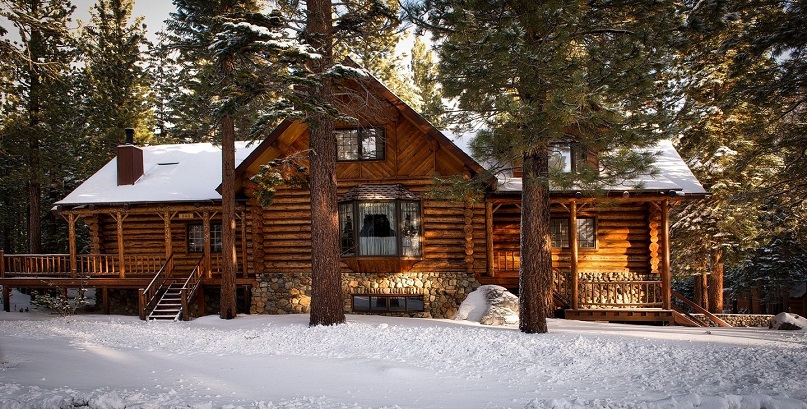Every season has its own concerns for homeowners and winter is no different. From frozen pipes, ice dams, trees that fall, hail damage, storms that result in power loss, to fires from candles, heaters and fireplace mishaps, winter can present hazards big and small. Here are some ways to reduce your risk of injury, damage to your home and tips to prepare for emergencies.
Frozen Pipes: These are one of the biggest causes of water damage in the home. Sometimes homeowners will travel for the winter holidays (forgetting to turn off their water) and return home to find their basement flooded due to a burst, frozen pipe. There are some proactive steps you can take to prevent frozen pipe damage whether you are at home or away. Some of these include:
- Keep your thermostat at 55 degrees or higher, throughout the day and night.
- Drain and disconnect exterior hose lines.
- Apply heat tape to copper/metal pipes and/or pipe insulation to non-metal pipes.
- Close garage doors to trap in heat.
- Open cabinet doors to allow warm air into areas where there are pipes.
- As a last resort, let cold water trickle from faucets when it’s really cold outside.
- If it’s a seasonal residence that is unoccupied for longer periods of time, consider a low temperature alarm and investing in a water flow detection device with shut-off valve. This way you will be notified of leak and the system can be shut down before more damage is done.
Fires: It is advisable to have furnaces and fireplaces inspected and cleaned. Check (or install) smoke and carbon monoxide detectors—and have several fire extinguishers handy in strategic places around the home. The National Fire Protection Association (NFPA) offers information and infographics about fire safety for cold weather. Keeping flammable material at least three feet from heaters, fireplaces and other heat sources is one recommendation.
In case there are storms and extended power outages, prepare by stocking up on essentials, such as water, food, batteries, functioning flashlights, and warm clothing. Charge your cell phone and charger before the storm. The Red Cross provides information on what to do before a storm, during a winter storm, how to stay safe while driving, checklists and what supplies to have on hand.
Insurance Policy: Annually and especially before the storms arrive, it’s good to review your insurance policy with your agent and discuss any updates that can help improve coverage. Have any home upgrades—additions, upgraded kitchen/baths—been added to the policy? A home inventory makes it easier at claim time to remember all your home contents.
These are only a few issues that you might encounter during wintertime. Remember that these issues not only affect residential properties but also affect commercial ones.
The e2Value estimator tools were designed to handle homes of all types. Whether you are looking for valuations for high-value homes, Mainstreet® homes, condos, co-ops, commercial properties, manufactured homes, log cabins, or farms and ranches, our patented estimator can quickly calculate the cost of replacing a residential, commercial or farm structure and provide you with a fast, cost-effective and accurate replacement cost valuation. Contact us for more information.

